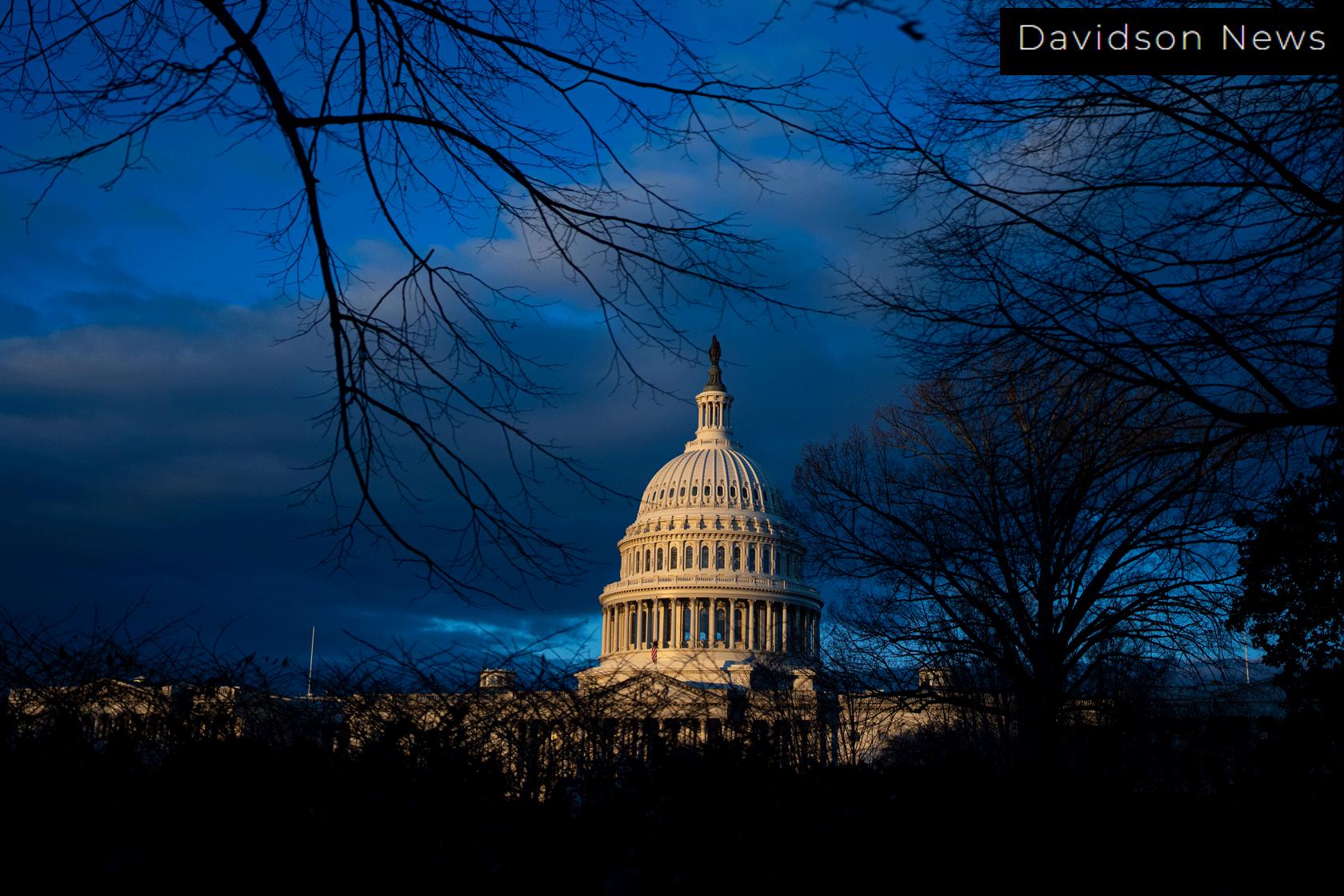A new law called the Safeguard American Voter Eligibility (SAVE) Act has just been introduced in the U.S. House of Representatives, and it is causing quite a stir! This law requires voters to prove they are U.S. citizens in person when they register to vote. Many people are worried that this could create serious problems for millions of Americans who want to vote.
The Safeguard American Voter Eligibility (SAVE) Act
The SAVE Act, if passed, would change the way people register to vote. Instead of being able to register online or by mail, people would need to go to a public office to show proof of their citizenship. The documents that would be accepted include passports or birth certificates.
Who Will Be Affected?
This new law could affect a lot of people, especially women and those with lower incomes. Did you know that over 140 million Americans do not have a passport, and 69 million women could be stopped from voting because their birth certificates don’t match their current names? This could make it really hard for them to register to vote under the new rules.
Challenges of Registration
The SAVE Act would also make it much harder for people to register. In fact, it could eliminate mail-in and online voter registrations in 42 states! That means people would have to go in person with their original documents just to update their voter registration. This change is seen as a step back, making a process that used to be easy much harder.
Voter Verification Changes
The bill shifts the responsibility of proving eligibility from election officials to individual citizens. Under current federal law, people can register using their Social Security number or driver’s license info. But with this new act, citizens would have to show proof, which many might not be able to provide.
Legal Concerns
It’s already against the law for non-citizens to vote in U.S. elections, and there are penalties for those who try. Some critics believe this law could make voting less accessible for many, particularly women who have changed their names after getting married. It’s a big deal to think that people might be kept from exercising their right to vote.
Wider Implications
The SAVE Act could also highlight larger issues within the voting system. It might impact voting participation in different ways depending on where you live. For instance, passport ownership is more common in certain states, meaning people in other states might find it harder to meet the new requirements.
Public Response
Many people, including leaders and critics, have raised their voices against the SAVE Act. They say it’s an unfair piece of legislation that could harm voting rights across the country. In a time where technology has made voting easier than ever, some believe going back to in-person proving of citizenship could hinder many Americans from participating in democracy.
What’s Next?
The SAVE Act is gaining traction in the House, with some lawmakers making it a top priority. However, public opinion seems to be against it. Citizens are encouraged to express their views on this law, as it could affect the way elections are conducted in the future. The conversation about voting rights and accessibility continues to grow, and it’s essential for everyone to know how these changes might impact them.
